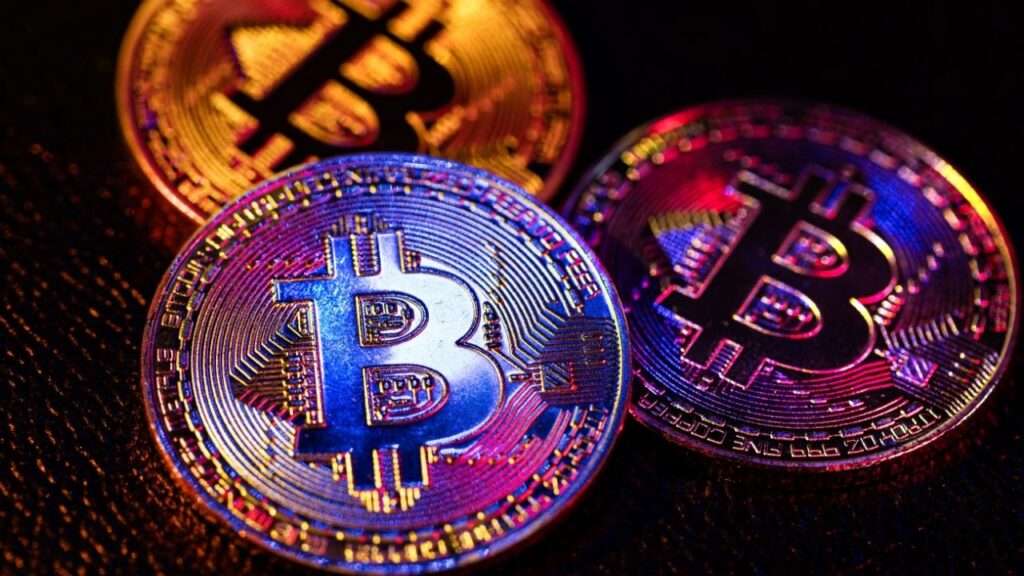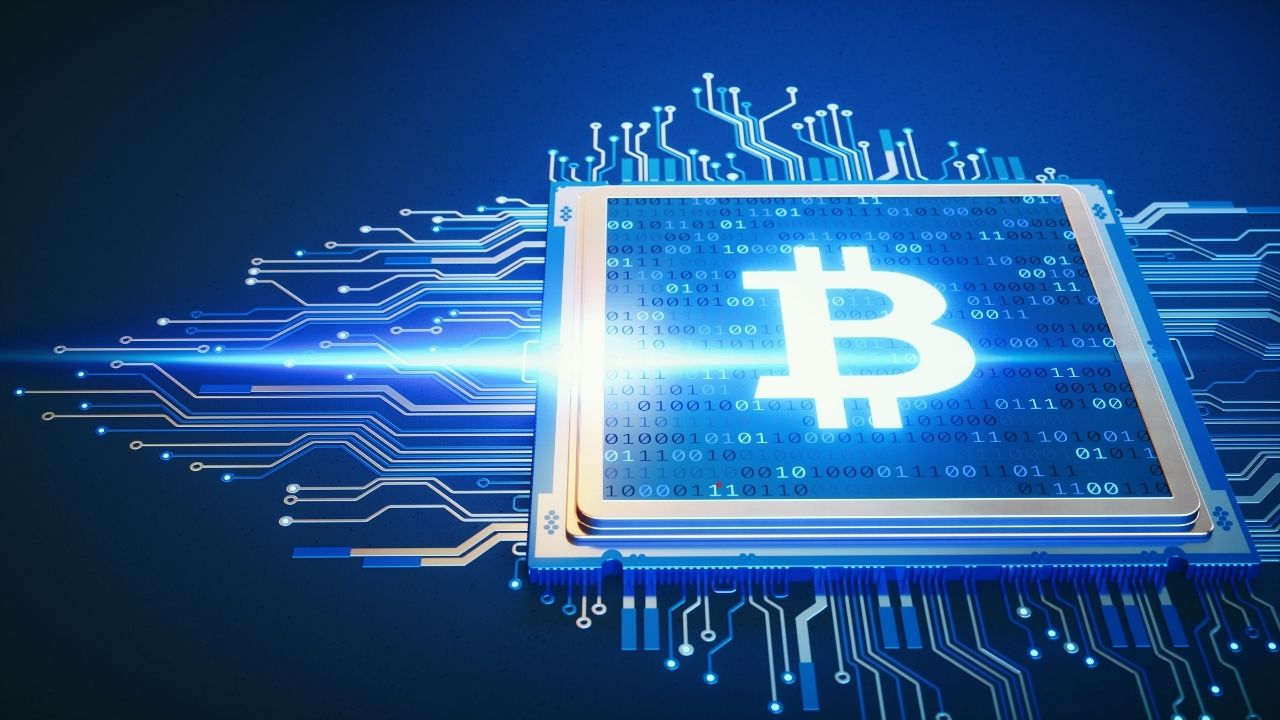Introduction
The intriguing world of cryptocurrencies has sparked curiosity about how Bitcoin miners make money. In this comprehensive guide, we delve into the intricate mechanisms that allow miners to earn rewards for their vital role in maintaining the Bitcoin network. Whether you’re a newcomer to the world of digital currencies or seeking a deeper understanding, this article will unveil the methods by which miners turn computational power into profit.
As the cornerstone of the cryptocurrency realm, Bitcoin mining isn’t just about creating new coins; it’s a sophisticated process that enables miners to reap financial rewards. Curiosity about how Bitcoin miners make money often drives enthusiasts to explore the intricacies of this essential process. In this comprehensive guide, we unravel the mechanisms that underpin miners’ earnings, breaking down the complexities into accessible insights.
Bitcoin miners stand as the guardians of the network, dedicating their computational power to validate transactions and secure the blockchain. They play a pivotal role in the decentralized ecosystem, ensuring that transactions are trustworthy and the integrity of the digital ledger is maintained.
So, how do Bitcoin miners transform their efforts into monetary gains? The answer lies in a delicate balance of incentives, technological prowess, and a keen understanding of the cryptocurrency landscape. This article peels back the layers of complexity, revealing the pathways by which miners generate profits from their contributions to the network.
Table of Contents
The Role of Bitcoin Miners
Understanding the Miner’s Role
Bitcoin miners are the backbone of the network, responsible for validating transactions and securing the blockchain. Their efforts ensure the integrity of the ledger and prevent fraudulent activities.
Mining and Block Verification
When miners validate transactions, they bundle them into blocks. These blocks are then added to the blockchain after a complex mathematical puzzle, known as proof-of-work, is solved. This process not only confirms transactions but also introduces new bitcoins into circulation.
Earning Through Block Rewards
Block Rewards Explained
One of the primary ways Bitcoin miners make money is through block rewards. When a miner successfully adds a block to the blockchain, they are rewarded with a specific number of newly minted bitcoins. This serves as an incentive for miners to continue validating transactions and contributing to the network’s security.
Halving Events
To control the supply of bitcoins, the block reward is halved approximately every four years. This event, known as a “halving,” reduces the number of new bitcoins miners receive. While this might seem counterintuitive, it adds scarcity to the digital currency and can impact miners’ profitability.
Transaction Fees and Miners
Transaction Fee Structure
Apart from block rewards, miners also earn money through transaction fees. Users include a fee when sending bitcoins, and miners prioritize transactions with higher fees. This fee incentivizes miners to include transactions in blocks promptly.
Balancing Rewards and Costs
While the prospect of earning bitcoins is appealing, miners also face costs such as electricity, hardware, and maintenance. Balancing these expenses with potential rewards is essential for sustainable mining operations.

The Complexities of Mining Rewards
Factors Affecting Rewards
Mining rewards aren’t solely determined by solving puzzles. Factors like the miner’s computational power, the network’s difficulty, and the transaction fees play a role in the potential earnings.
Pooling Resources
Individual miners often join mining pools to increase their chances of earning consistent rewards. In a pool, miners combine their computational power, and rewards are distributed based on each miner’s contribution.
Potential Challenges and Future Outlook
Mining Difficulty
The increasing difficulty of puzzles and competition among miners can impact profitability. Miners must continually upgrade their hardware to stay competitive.
Evolving Landscape
As the cryptocurrency ecosystem evolves, so does the landscape of mining. Emerging consensus mechanisms like proof-of-stake (PoS) are being explored, potentially altering the way miners earn rewards.
Conclusion
The world of Bitcoin mining is a captivating blend of technology, economics, and incentives. Bitcoin miners make money through a combination of block rewards and transaction fees, playing a crucial role in upholding the network’s security and integrity. As you explore the intricacies of this innovative field, remember that behind every successful Bitcoin transaction is a miner’s dedication, computational power, and the promise of potential profit.
The world of Bitcoin mining, intricate and dynamic, stands as a testament to the fusion of technology and finance. As we conclude this exploration into how Bitcoin miners make money, a deeper understanding emerges—an understanding that goes beyond the surface-level creation of digital coins.
Bitcoin miners, driven by incentives and armed with computational power, play an instrumental role in upholding the network’s security and verifying transactions. Through their tireless efforts, they validate transactions and introduce new bitcoins into circulation, all while contributing to the resilience of the blockchain.
As you traverse the ever-evolving landscape of cryptocurrencies, remember that the earnings of Bitcoin miners are a product of dedication, innovation, and a profound grasp of the intricate mechanisms that govern this decentralized domain. It’s a realm where computational puzzles transform into financial rewards, where miners forge a path toward a more decentralized and inclusive financial future.





 Bitcoin
Bitcoin  Ethereum
Ethereum  XRP
XRP  Tether
Tether  USDC
USDC  Lido Staked Ether
Lido Staked Ether